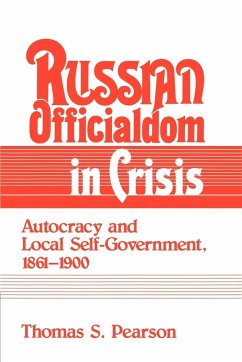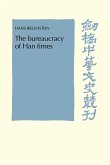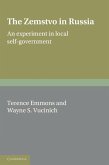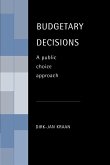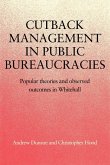This book is the first full account of the development of rural self-government in Russia from the emancipation of the serfs to its bureaucratisation in the counter-reforms of 1889-90. Through analysis of central and provincial perceptions of local self-government and conflicting ideologies of reform. Professor Pearson challenges the conventional view of the counter-reforms as a concession to gentry class interests and a reaction against 'zemstvo' political activity. The study illuminates the rural administrative breakdown during Russia's 'crisis of autocracy', beginning in the late 1870s, and reinterprets the role of the landed gentry, prominent state officials, and key commissions, ministries and administrative ideologies in the debates leading to the counter-reforms.
Table of content:
Preface; Acknowledgments; 1. Introduction: old problems, new principles - tsarist government and the Great Reforms; 2. The birth of a new rural order: the state and local self-government, 1861-75; 3. The breakdown of tsarist administrative order, 1875-81; 4. The debate revived: state, social change, and ideologies of local self-government reform, 1881-5; 5. State control over local initiative: the Land Captain Statute of 1889; 6. The politics of the zemstvo counter-reform, 1888-90; 7. Conclusion; Tables.
Hinweis: Dieser Artikel kann nur an eine deutsche Lieferadresse ausgeliefert werden.
Table of content:
Preface; Acknowledgments; 1. Introduction: old problems, new principles - tsarist government and the Great Reforms; 2. The birth of a new rural order: the state and local self-government, 1861-75; 3. The breakdown of tsarist administrative order, 1875-81; 4. The debate revived: state, social change, and ideologies of local self-government reform, 1881-5; 5. State control over local initiative: the Land Captain Statute of 1889; 6. The politics of the zemstvo counter-reform, 1888-90; 7. Conclusion; Tables.
Hinweis: Dieser Artikel kann nur an eine deutsche Lieferadresse ausgeliefert werden.

